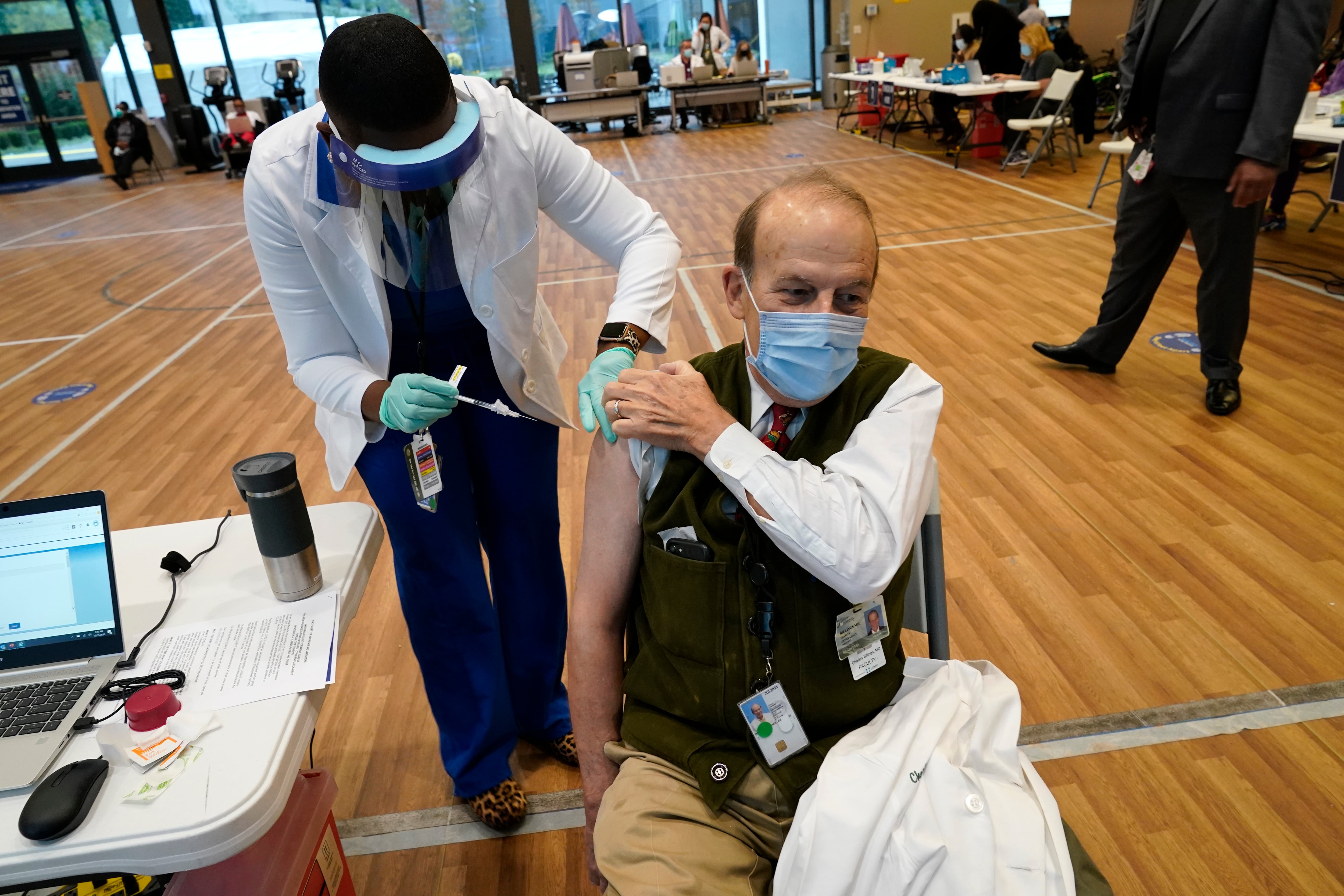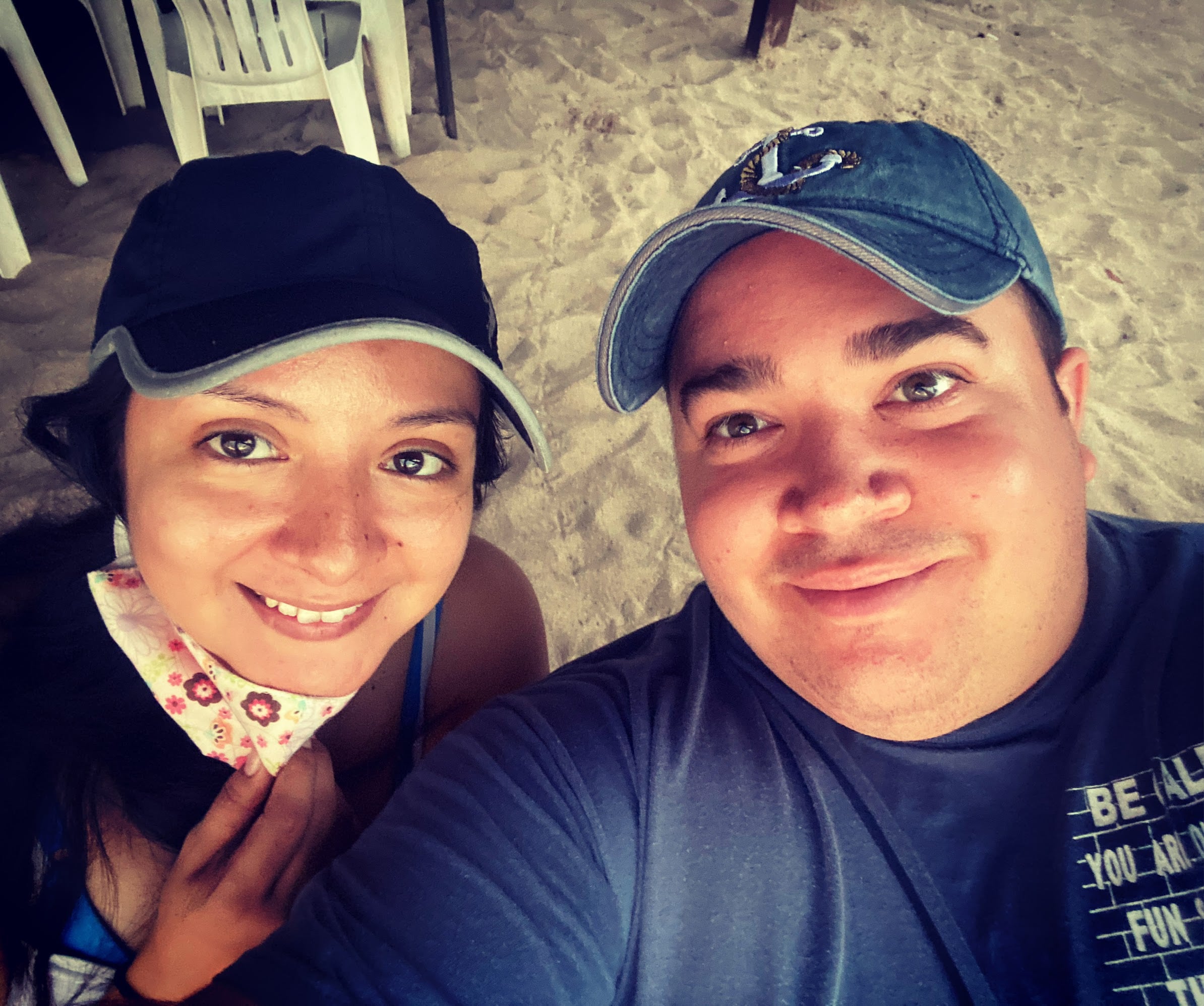Any veteran or their caregiver would be eligible to receive a coronavirus vaccine at Veterans Affairs medical centers under a new bipartisan proposal unveiled Wednesday.
But the plan doesn’t guarantee enough vaccines will be available at VA facilities for every veteran in America, which may limit its effectiveness.
The legislation, introduced by House Veterans’ Affairs Committee Chairman Mark Takano, D-Calif., and ranking member Mike Bost, R-Ill., would close a loophole in current rules which prohibit VA officials from administering the vaccine to anyone except individuals already registered in department medical care programs.
RELATED

“If we want to defeat this pandemic, we must vaccinate as many Americans as possible, and do it quickly,” Takano said in a statement.
“VA is already well on its way to fully vaccinate more than one million veterans, but under its current authorities, millions more are still unable to receive life saving vaccines from VA. VA should not have to turn away any veteran who walks through its doors to get a vaccine, regardless of whether they’re enrolled in or eligible for other VA healthcare services.”
VA officials in recent months have said they expect to vaccinate more than 6 million veterans in coming months, a figure that includes most veterans currently enrolled in VA health care. About 19 million veterans are living in America today.
The new bill would extend the vaccine authorities to cover all veterans, and any caregivers who are providing assistance to veterans enrolled in department home-based and long-term care programs.
Currently, only caregivers enrolled in VA’s Program of Comprehensive Assistance for Family Caregivers are eligible to receive the vaccine when the veteran in their care gets it.
In addition, the legislation would allow VA to provide vaccine doses to veterans living abroad and receiving care through the department’s Foreign Medical Program. About 55,500 veterans are currently registered in the Foreign Medical Program, but VA officials said only about 4,500 were active users of the program in fiscal 2020.
“Simply put, our bill would mean more veterans and their caregivers can get vaccinated,” Boat said in a statement. “It will save lives.”
RELATED

However, even with the expanded authority, VA leaders will need additional vaccine doses from the federal government to cover the wider group of eligible individuals.
Last week, acting Under Secretary for Health Richard Stone testified before the House Appropriations Committee that the department has been allotted about 6.5 million doses by the Department of Health and Human Services, with about 140,000 vaccines delivered to VA facilities each week.
“Unfortunately, we do not have the supply to reach all veterans who are ineligible for care in the VA at this time,” he said. “Our ability to reach this veteran population is entirely based on the supply of the moment.”
But Stone acknowledged that in some areas, local officials have surpluses of the vaccine. Takano and Bost said those should be given to other veterans if facility leaders deem that is the best use for the excess doses.
The bill does not mandate that VA medical centers supply a vaccine to every veteran who requests one, and allows local leaders to continue to make decisions about which priority groups should receive the vaccine first. But it would offer more flexibility in going beyond just the group of veterans actively using VA medical care.
Takano and Bost said they hope to move the measure through Congress as quickly as possible. The House is currently considering a $1.9 trillion coronavirus relief bill which would give another $17 billion to VA for various medical and supply costs related to the pandemic.
Leo covers Congress, Veterans Affairs and the White House for Military Times. He has covered Washington, D.C. since 2004, focusing on military personnel and veterans policies. His work has earned numerous honors, including a 2009 Polk award, a 2010 National Headliner Award, the IAVA Leadership in Journalism award and the VFW News Media award.





